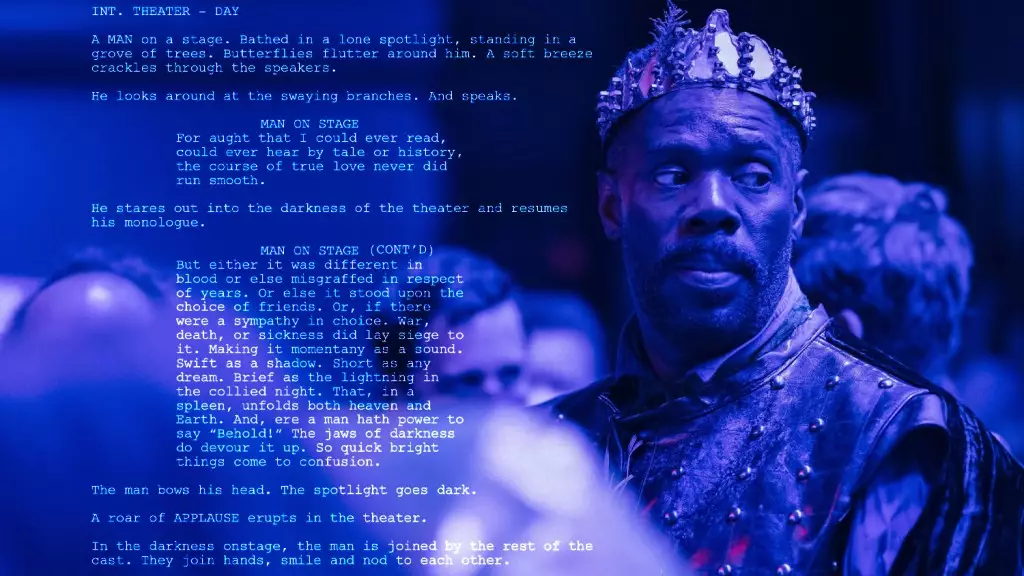The film “Sing Sing”, directed by Greg Kwedar and featuring the talented Colman Domingo, delves into the lives of incarcerated men and their journey toward self-discovery through the arts. This narrative is inspired by the real-life story of John “Divine G” Whitfield, a wrongly imprisoned man who utilizes his passion for acting as a means of finding purpose and dignity behind bars. The film represents an important contribution to contemporary cinema, particularly in its authentic portrayal of the complexities faced by those in the penal system.
At the heart of “Sing Sing” is the Rehabilitation Through the Arts (RTA) program, founded in 1996 at New York’s infamous Sing Sing Correctional Facility. RTA has evolved over the years into a comprehensive arts initiative that has had a remarkable impact on its participants. Remarkably, less than 3% of RTA members return to prison, a stark contrast to the staggering national recidivism rate of 60%. This data highlights the program’s potential to foster genuine change, suggesting that engagement in the arts can serve as a powerful tool for rehabilitation and personal growth.
The voices of the men involved provide a profound insight into their plight and their resilience. Clarence “Divine Eye” Maclin, who also stars alongside Domingo, encapsulates this sentiment by emphasizing the importance of being acknowledged as human beings, despite their past. His words resonate with audiences, reinforcing the notion that every individual has redeeming qualities that deserve recognition, irrespective of their circumstances.
Since its premiere at the 2023 Toronto Film Festival, “Sing Sing” has garnered significant acclaim, wining the Audience Award at SXSW and being nominated for numerous awards, including Best Picture at the Spirit Awards. Critics have praised the film as “a love letter to the transformative power of performing arts,” capturing both the struggles and triumphs of its characters with sincerity and depth. Moreover, the film’s screenplay, crafted by Kwedar and Clint Bentley with contributions from Maclin and Whitfield, has been recognized as one of the year’s best, reflecting the skillful melding of storytelling with real-world experience.
What truly stands out is the film’s ability to communicate a message of hope and transformation. With awards and nominations pouring in, the film not only showcases the talent of its actors and creators but also shines a light on the broader mission of reform within correctional facilities. This narrative serves as a crucial reminder of the potential for change and the importance of seeing the humanity within those who have made past mistakes.
“Sing Sing” is more than just a film; it acts as a medium for dialogue about the challenges faced by incarcerated individuals. It reminds us of the power of the arts in fostering empathy and understanding, aligning with the assertion of RTA’s interim director, Leslie Lichter, that the film delivers a unique and authentic look into life behind bars. In doing so, it urges society to recognize that redemption and reintegration are not only possible but imperative for creating a more just and equitable world. As viewers, we are inspired to acknowledge the stories of those who have often been overlooked, fostering a greater sense of connection and hope for all.


Leave a Reply